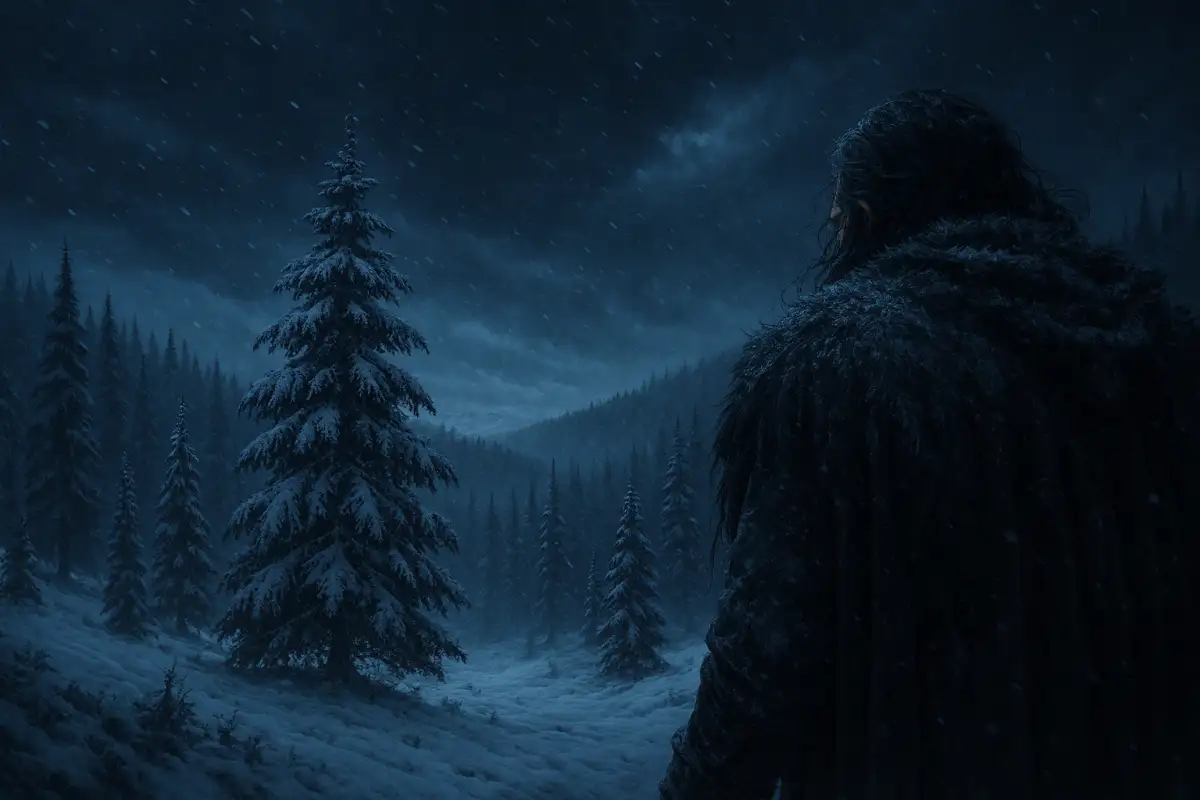The Startup Winter Is Always Coming
On bright days in the land of Startups, it feels like money will never run out. Valuations climb, pitch decks turn into term sheets, and founders start to believe growth is a one-way escalator. Yet history offers a colder lesson: every boom is followed by a frost.
The dramatic line from a fantasy novel, “Winter is coming,” is also the only reliable law of the startup economy. No matter the cycle, from the dot-com bubble to the financial crisis to the pandemic boom, downturns arrive without fail. The question is not if, but when.
“An economist is an expert who will know tomorrow why the things he predicted yesterday didn’t happen today.” — Laurence J. Peter
The Rhythm of Cycles
Markets breathe in and out. Easy capital, cheap credit, and optimistic narratives inflate valuations. Then, macroeconomic shifts occur: interest rates rise, consumer spending tightens, or a geopolitical tremor rattles confidence. Suddenly, the same startups that were “hot” last quarter struggle to raise bridge rounds.
Every founder must understand this rhythm. Expecting eternal sunshine is a dangerous mistake. Planning for winter is not pessimism; it’s a survival strategy.

Startup Winters
The Dot-Com Bust (2000–2002)
The late 1990s saw startups IPO on little more than a domain name. Pets.com became the poster child of unsustainable growth, burning through capital with no profitable model. When the bubble burst, the NASDAQ lost nearly 80% of its value. Thousands of startups shut down, and only a few, such as Amazon and eBay, emerged stronger.
The Global Financial Crisis (2008–2010)
The housing collapse triggered a liquidity crunch. Venture capital tightened, and even strong startups faced layoffs or shutdowns. Yet disciplined companies like Airbnb and Uber, born during the downturn, thrived by solving real pain points with lean models.
The Pandemic Boom and Bust (2020–2023)
Cheap capital and accelerated digital adoption created an unprecedented surge in demand. Zoom, Shopify, and FinTech Startups grew at breakneck speed. But when interest rates rose and demand normalized, many overvalued startups faced brutal corrections. 2022 became known as the year of mass tech layoffs, proving again that winter follows summer.
Each cycle reveals the same arc: exuberance, overextension, correction, and the survival of the grounded.
Why Founders Forget
In bull markets, stories drown out discipline. Success cases are amplified, cautionary tales fade. The media celebrates unicorns, not companies that quietly stayed profitable. Founders mimic the headlines, chasing scale without unit economics, because “everyone else is doing it.”
“Only when the tide goes out do you discover who’s been swimming naked.” — Warren Buffett
This optimism bias is natural. Nobody likes to imagine frostbite while basking in warmth. Yet the denial comes at the worst cost when the cold sets in: layoffs, shutdowns, or fire-sales at fractions of peak valuations.
The Constants That Outlive Seasons
Despite the volatility, certain principles hold steady:
- Cash discipline beats burn bravado. Companies with efficient operations and real margins endure when funding dries up.
- Customer value outlasts hype. If buyers rely on you, they’ll stay even when investors don’t.
- Talent follows resilience. Employees prefer leaders who stay grounded during both summer and winter.
These constants are essential because they are unaffected by the timing of cycles. A founder who runs lean, delivers genuine value, and builds trust doesn’t need perfect market weather to survive.
The Evergreen Lesson
Every decade tells the same story. The 2000s taught the danger of irrational exuberance. The 2010s rewarded growth-at-all-costs until corrections reminded us that costs still matter. The 2020s began with a flood of cheap capital, only to cool when conditions reversed.
“History doesn’t repeat itself, but it does rhyme.” — Mark Twain
The cycle repeats. Founders who internalize this pattern have an edge: they’re never surprised.
A startup is not a seasonal business. It is a long trek through changing climates. The most resilient founders learn to carry both sunscreen and a winter coat.
Preparing While the Sun Still Shines
The best time to winterize is in summer. Build reserves while money is cheap. Negotiate contracts from a position of strength. Focus on building enduring value, not temporary optics.
Founders who treat prosperity as temporary are the ones who extend their runway longest. They use the surplus to reinforce foundations, so when the frost arrives, they are not scrambling, but steady.
The Founder’s Stoic Posture
A founder who ignores cycles risks being caught off guard. A founder who obsesses over cycles risks paralysis. The balance is in adopting a Stoic posture: expect the inevitable, prepare for it, but do not fear it.
Build like summer will end, because it always does. And when it does, the companies that endure will be the ones who planted roots instead of chasing sunshine.
The startup winter is always coming. It may not be this quarter or next year, but cycles are relentless. For founders, the only rational posture is to expect downturns, even in bull markets, and to prepare businesses that can endure regardless of the season.